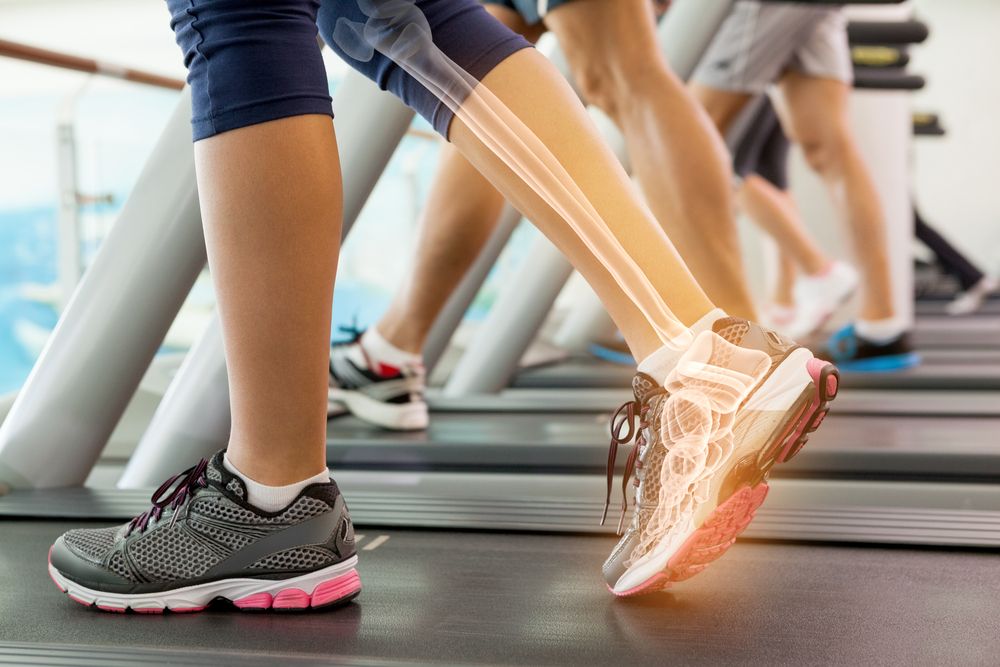Osteoporosis is a condition in which there is a decrease in the amount and thickness of bone tissue. This causes the bones to become thin and develop holes that make them weak, brittle, and more likely to break. While this common bone condition is often associated with aging, genetics, or unhealthy lifestyle choices, both cancer and its treatments can also be a root cause.
Specific causes can include:
- Certain types of cancers including multiple myeloma and breast, lung, ovarian, prostate, bone and testicular cancers
- Various metastatic cancers (cancers that have spread throughout the body)
- Certain chemotherapy drugs
- Aromatase inhibitors including Arimidex, Femara, and Aromasin
- Immunosuppressive medications that slow or stop the immune system, including methotrexate
- Androgen-deprivation therapy (ADT) that reduces hormones levels
- Steroid treatments
While you can’t avoid certain risk factors or cancer treatments, you can learn more about known long-term side effects, like osteoporosis, so you can be better prepared should you experience them after cancer treatment.
Symptoms of Osteoporosis After Cancer Treatment
Because your cancer treatment may have increased your risk of developing osteoporosis, it’s a good idea to know what to look for. Talk with your doctor if you experience any of these symptoms of bone loss:
- Back and/or joint pain or stiffness
- Pain, swelling, and/or infection in the jaw
- Becoming shorter over time
- Stooped posture or curved upper back
- Breaking a bone after a minor injury or fall
Keeping Your Bones Healthy After Cancer Treatment
Fortunately, all individuals, including those who have had previous cancer treatment, can improve their bone mineral density by incorporating physical activity and other healthy lifestyle strategies.
If you have not yet developed osteoporosis, you can lower your risk of developing it in the future by:
- Getting regular exercise
- Avoiding tobacco
- Limiting alcohol consumption
- Eating foods rich in calcium and vitamin D
- Seeing your doctor as recommended
If you have developed osteoporosis as a result of your cancer treatments, you should also follow the advice above. Your doctor may also prescribe prescription medications that block cells that destroy bones, reduce new bone damage, and promote healing. In addition, he or she might recommend that you take calcium and vitamin D supplements (recommended dosages vary so it’s important to talk to your doctor before taking any supplements.)
It’s especially important to stay physically active and maintain a healthy weight if you already have osteoporosis. Regular exercise triggers the body to create new bone cells, while being underweight can contribute to bone loss. Additionally, take the proper precautions to reduce your risk of tripping and falling. This can include decluttering your living space, wearing shoes that fit well, focusing on exercises known to improve balance, having your vision checked regularly and wearing corrective lenses if needed.
Osteoporosis is a disease that develops over time and cannot be seen or felt. Since you are at an increased risk of developing bone problems as a cancer survivor, be sure to ask your doctor if you could benefit from periodic bone mineral density tests. This quick, easy test measures the thickness of your bones and can determine if you have normal bones mass, low bone mass (osteopenia), or osteoporosis.




